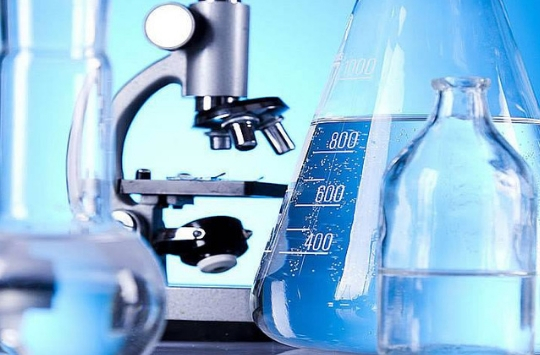With pressure to get new products to market, companies are faced with meeting rigorous standards and the time consuming development and testing to make their products market ready. Since the development process is time consuming, taking from months, up to years, there is no doubt that outside, unbiased help could be beneficial. When faced with deadlines, companies turn to contract labs to meet their needs.
However, selecting a contract analytical laboratory to verify the authenticity and quality of raw materials and finished products can be tricky. All labs are not created equal. Contract labs provide an extensive range of testing services and manufacturers should begin the selection process by identifying their particular needs and matching them with a lab that specializes in the appropriate methods.
So how should a food processor select a laboratory to support their operations? The answer is not and should not be “pick one off the Internet or out of the telephone book.” There are cases in which a company may simply pick a laboratory, but it is really not the best option.
The first step when selecting a vendor is to define needs and develop a list of laboratories that can meet them. What kind of work do you need? Product development services? Microbiological testing? Design and implementation of an environmental monitoring program?
Once a company establishes their needs, the next step is to identify one and preferably several contract laboratories that will meet their needs. But what criteria should a manufacturer look for in their contract laboratory? Let’s assume the goal is selecting a microbiology laboratory. The criteria one might look for are:
- The laboratory is ISO 17025 certified
- The laboratory is capable of doing the work needed using official and recognized methods
- The laboratory uses a LIMS to manage samples and associated information.
- The work can be started as soon as the samples arrive, and results will be available as the testing protocol dictates
- The laboratory can provide references that the company may speak to
- The laboratory allows audits
- The laboratory has trained employees that participate in check-sample programs
- The laboratory will not only provide results but also will interpret results if needed
- The laboratory demonstrates a sense of urgency with your samples
- The laboratory has the ability to suggest possibly more appropriate tests in addition to or in place of the testing you are asking for
- Cost of services
There may be other requirements that could be part of the selection criteria, but these 11 are enough to identify the laboratories that are truly qualified to be trusted with your testing.




